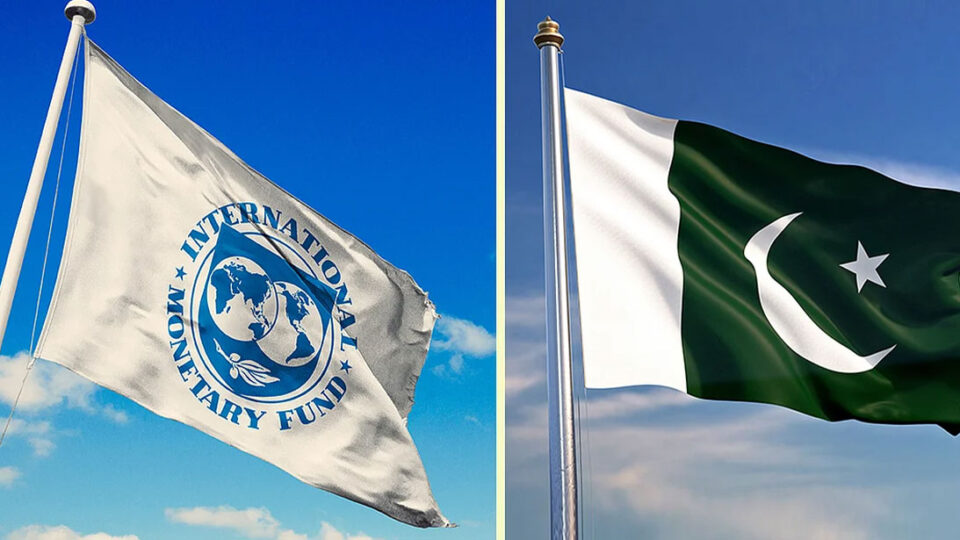IMF Flags Major Gaps in Pakistan’s Efforts to Curb Money Laundering
Islamabad – The International Monetary Fund (IMF) has raised serious concerns over Pakistan’s ability to curb money laundering, pointing to significant weaknesses in the country’s beneficial ownership framework.
According to sources, the IMF has completed its Governance and Corruption Diagnostic Assessment Report, which is expected to be officially released later this month. A draft has already been shared with the Government of Pakistan for review. Authorities will now examine the IMF’s observations and recommendations before the final version is made public.
The report highlights major flaws in implementing the beneficial ownership system, noting insufficient data sharing between key institutions. The IMF warns that without robust coordination, Pakistan will struggle to prevent the use of fake companies to secure government contracts and launder illicit funds.
Institutions such as the Securities and Exchange Commission of Pakistan (SECP), State Bank of Pakistan (SBP), and Federal Board of Revenue (FBR) were cited for weak coordination, while communication gaps between commercial banks and investigative agencies were also identified.
The IMF stresses that outdated legislation and limited inter-agency access have left the system ineffective. It further notes that available data on the real owners of companies is not being used to its full potential — a critical factor in stopping financial crimes.
To address these issues, the IMF has proposed creating an institutional working group to enhance data sharing, improve cooperation between agencies, and ensure the beneficial ownership framework is used effectively in financial investigations.

